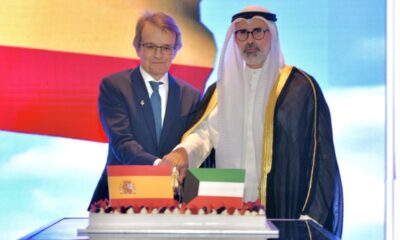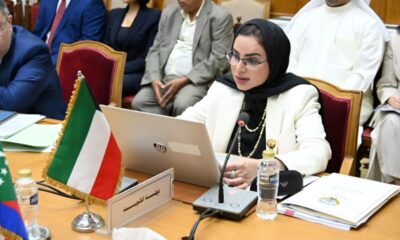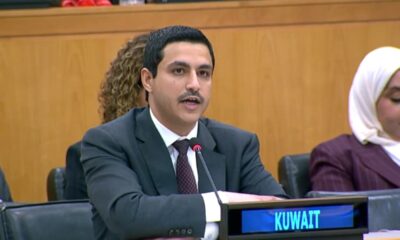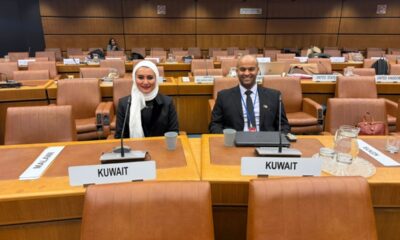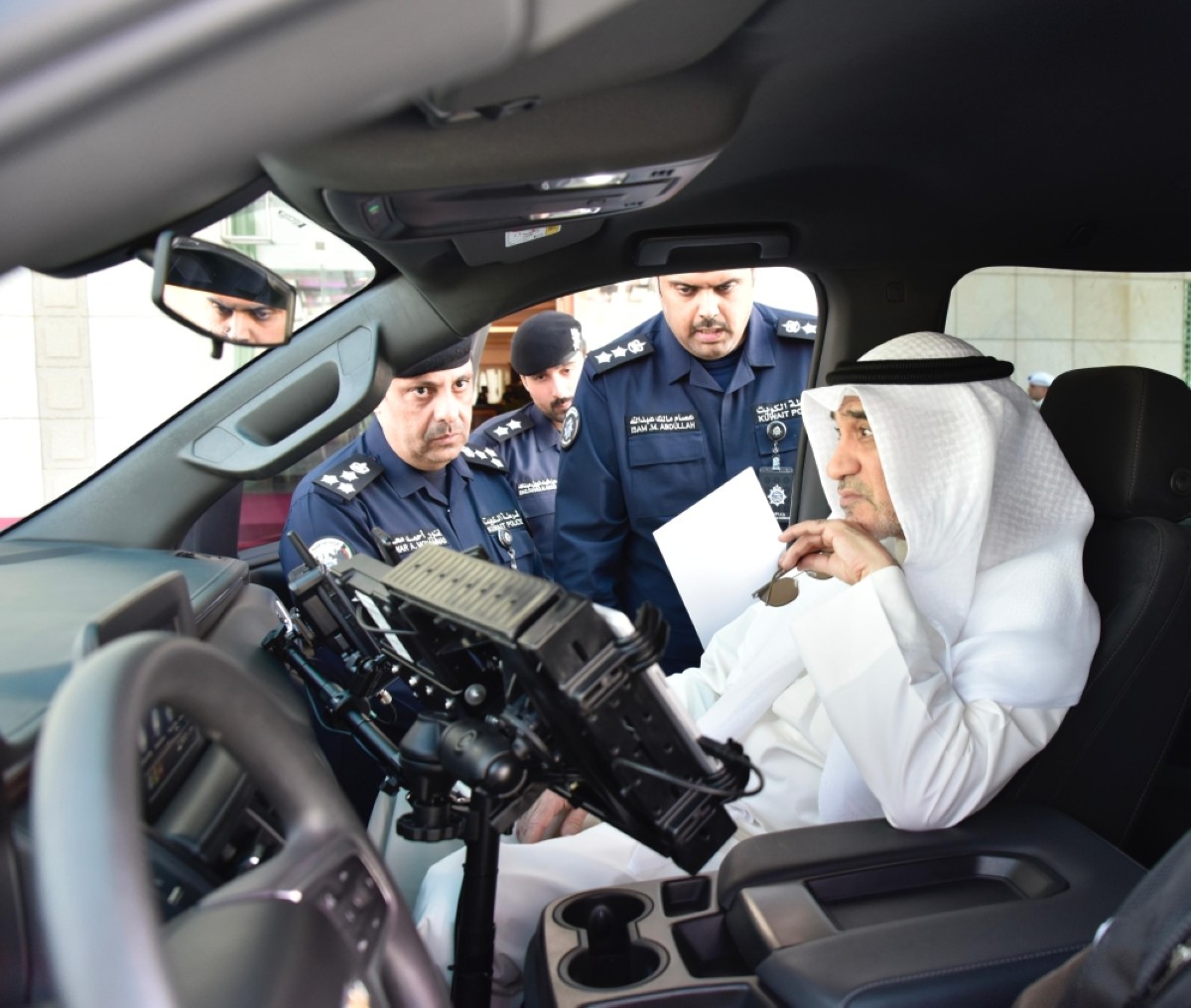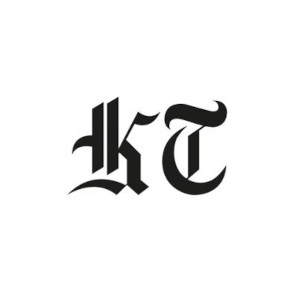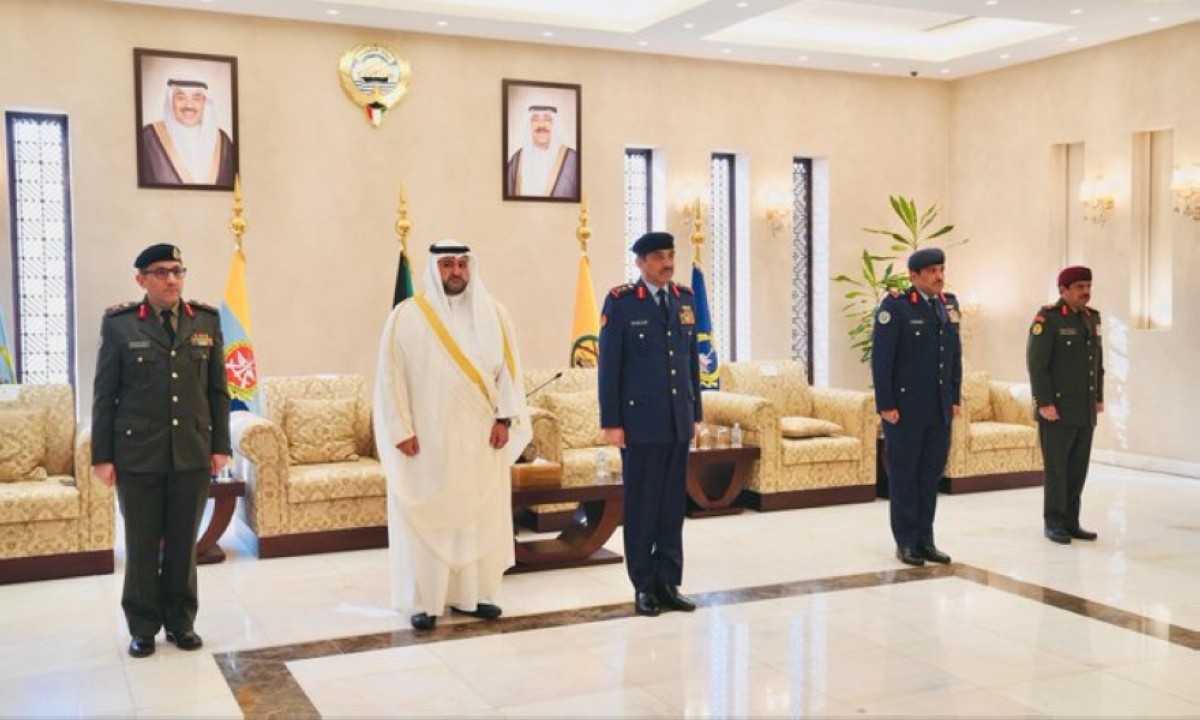By Lujain Marafie
KUWAIT: Anyone nowadays can turn their ideas into reality with the mere clicks of a button. Visualizing an elephant playing basketball or a basketball in the shape of an elephant? AI can do that for you. Even more abstract ideas pose no issue for these algorithms.
But does this use of technology make everyone an artist? Can an elephant-shaped basketball generated with AI be considered art? If the definition of art has already been controversial, the introduction of AI into the artistic sphere has made this debate all the more heated.
Definitions and distortions
“You can’t really define art, it’s different according to everyone,” says Omar Al-Nakib, a visual designer. “Marcel Duchamp would say: If you call yourself an artist and you put something in a space in which it’s supposed to be observed and appreciated, you’ve made a work of art. So, it could be anything. Art is not beauty; art is not ugliness. Art is not a descriptor.”
Nasser Hussain, a videographer and graphic designer, agrees that it’s difficult to define. However, the lines become even more blurred when discussing AI art. Hussain adds that “if you’re putting everything on AI, then no, it’s not art. But, for example, if you have a vision that can’t be drawn and you want to see it, then yes. But to fully create an art with AI is not art.”
Zainab Al-Mashoor, another graphic designer, agrees. “AI is required in my field because it really helps me. Before I would spend half an hour editing something, but AI makes it in a minute,” she says. “But if you rely on it 100 percent, how can you be an artist? You just know how to use the tools, and that’s great, but then who is the actual artist? AI.”
Some artists consider AI to be helpful for retouching their works and turning their ideas into reality. “I mostly use it to remove stuff from images or videos,” says Hussain. “Something that needs to be cleaned, so it doesn’t show. Other times, I use it if I have a vision and I don’t have time.”
Other artists have chosen not to incorporate AI into their art. “I’ve personally never used AI for my art,” says Al-Nakib. “I have no interest because it kills the joy. And the reason why is not because I think I’m above it or anything like that. It’s because the whole point of making art is discovery. I love finding my way into this sort of creative flow state – and for me, AI takes the fun out of it.”
The (basketball-playing) elephant in the room
At this point in time, AI can do more than take the fun out of art – some argue that it has the potential to snatch away artists’ entire livelihood. “Concept artists are gone, people who work in creative agencies are experiencing massive layoffs,” says Al-Nakib. “Generally, in the commercial sphere, when you’re dealing with corporations, AI has already replaced artists and the people who would’ve made money off something.”
“I think that the artistic middle class is gone now,” continues Al-Nakib. “You’re either going to make a lot of money off your art, or you’re going to make no money at all.”
Hussain has similar thoughts, specifically with regards to professions like photography. With AI, a simple shot taken by a phone can be easily turned into a professional product, therefore removing the need for a professional camera — and the person behind it. “That’s a very big hit for photographers … I can’t even say it’s replacing; it’s just gone. The title of photographer will not be there.”
Al-Mashoor does not share similar worries. “When AI first came out, people were scared of it, saying that ‘it would replace us.’ But in my surroundings, it’s not happening. People need AI now. This is a trend, and if you’re in media work, you need the trends. If you want to reach, you need to use what people use.”
Will AI truly replace artists?
“You can generate anything by AI, but can it really give you what you want? We should adapt, but we should also be creative. We should try to be better than AI,” says Hussain.
Al-Mashoor isn’t so sure what the future has in store, but she nonetheless holds positive views on AI integration. “It’s amazing. You know those old movies that show how the future is? AI makes you see that. It’s like, we’re here now, and they’re showing you a better future, and better videos.”
Al-Nakib has other ideas. “Maybe I’m an optimist or maybe I’m just stupid, but I don’t think AI is really going to replace artists. I think that people are always going to want human-made art,” he says. “As humans, we always look for parasocial relationships — like how you would go to a movie if Timothée Chalamet was starring in it. The point is: you want to have that connection.”
“Maybe in the future it will be segmented. It’ll be like: this is created by AI and this is created by humans,” Al-Nakib continues. “But I think people are still always going to make art, and there will always be people who appreciate that.”
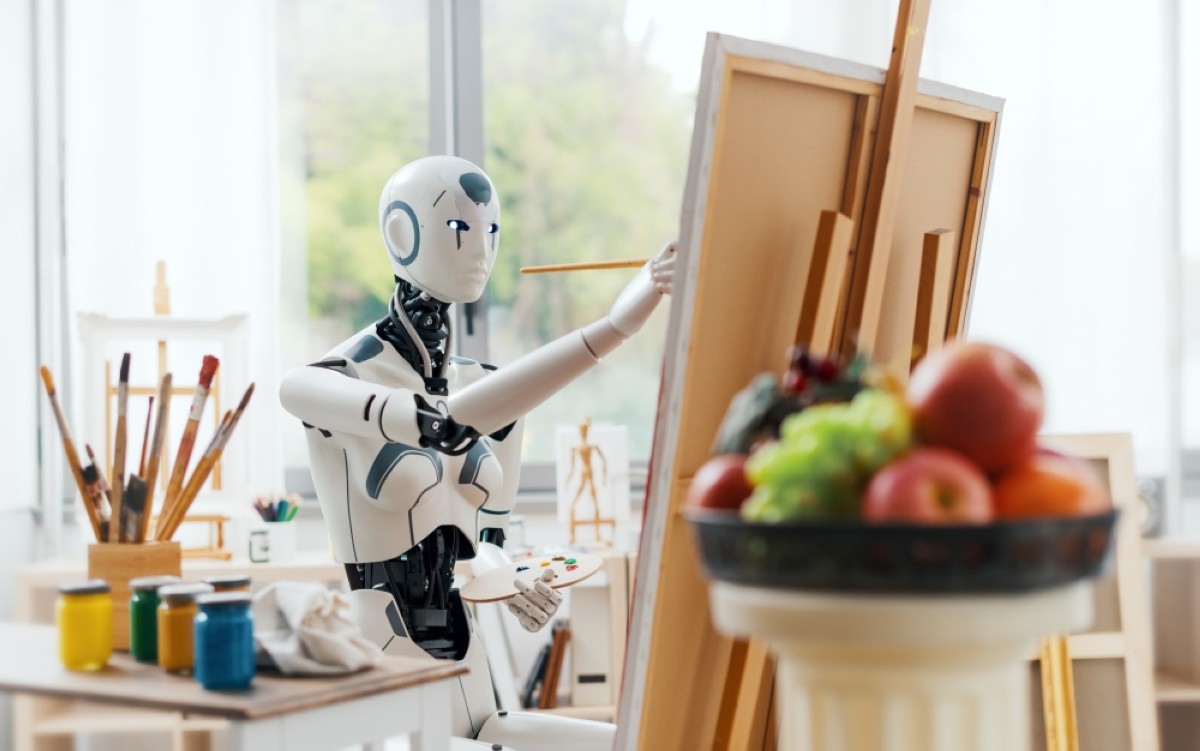

 Politics23 hours ago
Politics23 hours ago
 Latest News24 hours ago
Latest News24 hours ago
 Latest News22 hours ago
Latest News22 hours ago
 Politics14 hours ago
Politics14 hours ago
 Politics13 hours ago
Politics13 hours ago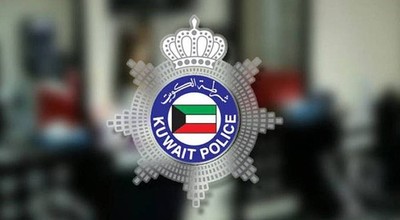
 Politics11 hours ago
Politics11 hours ago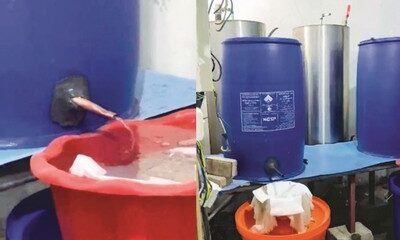
 Politics9 hours ago
Politics9 hours ago
 Business14 hours ago
Business14 hours ago
